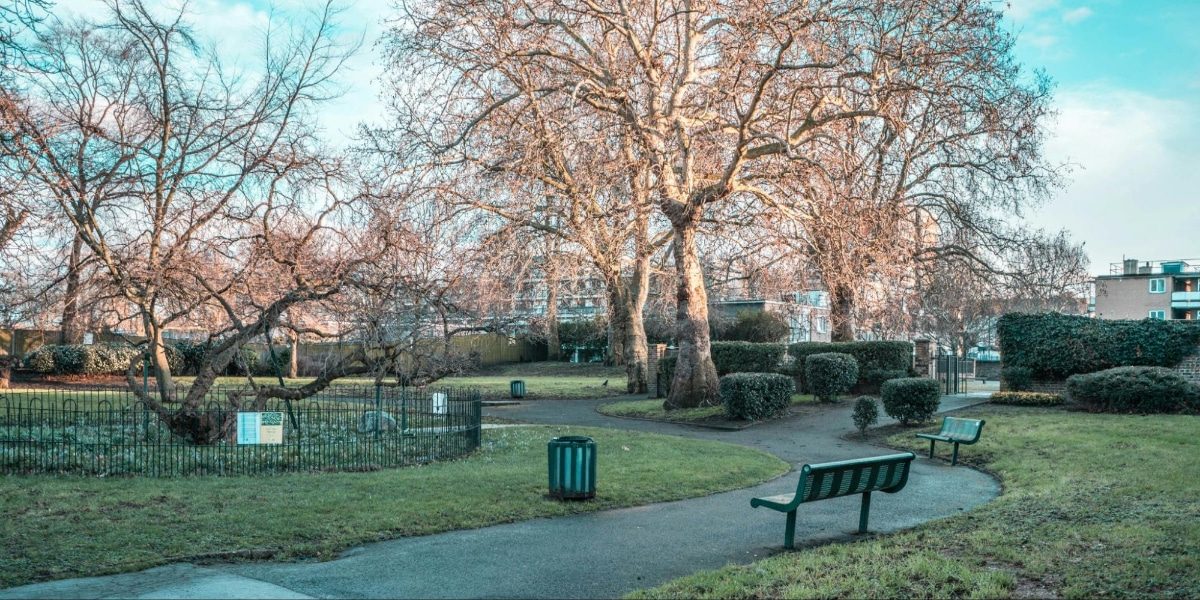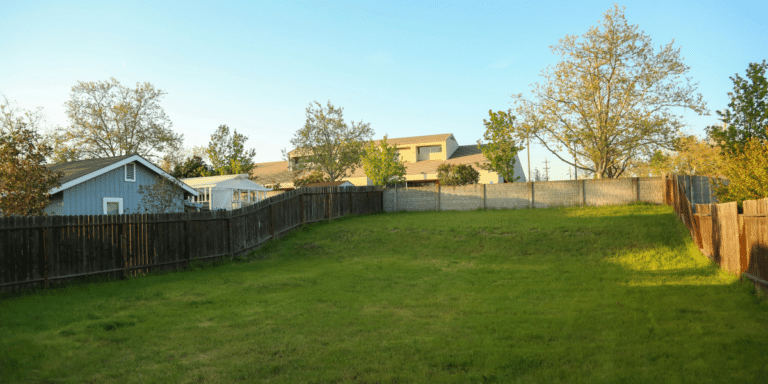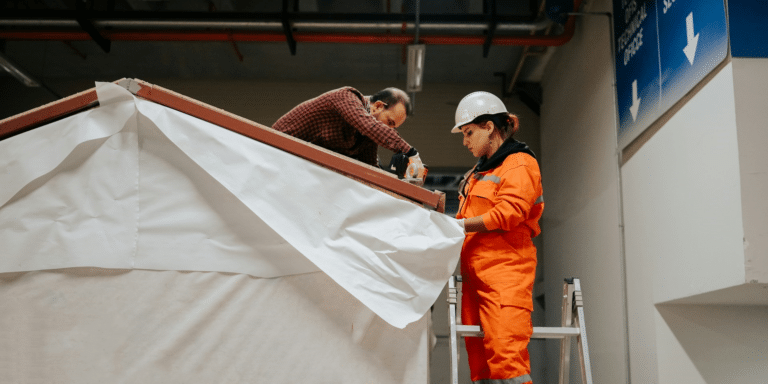By: Laura White
Regional parks play a vital role in communities, serving as sanctuaries for wildlife, hubs for outdoor enthusiasts, and oases of calm in bustling urban landscapes. They are more than just green spaces and have become places where families gather for picnics, friends meet for hikes, and nature lovers explore the beauty of the outdoors. As cities grow and our climate changes, these parks face new challenges.
The need to transform regional parks has never been more urgent. Changing demographics, environmental pressures, and evolving recreational preferences all call for innovative approaches to park management and design. Leonard Hernandez, a career public servant with over 20 years working for local and regional governments, explores the importance of regional parks, the challenges they face, and the exciting possibilities for their future.
Embracing Sustainable Practices in Regional Park Management and Maintenance
In the face of environmental challenges like climate change and habitat loss, regional parks are increasingly turning to sustainable practices to ensure their long-term viability and contribute to environmental preservation. Embracing sustainability is a necessity for parks to remain resilient in the face of a changing climate and growing urbanization.
One key aspect of sustainable park management is the adoption of eco-friendly infrastructure.
“Eco-friendly infrastructure in parks includes using materials that have minimal environmental impact, such as recycled or locally sourced materials, and designing buildings and facilities to be energy-efficient and environmentally friendly.”
Another important strategy is biodiversity conservation. Regional parks are often home to a diverse range of plant and animal species, and protecting and restoring habitats within these parks is crucial for maintaining biodiversity. This can include restoring native plant communities, creating wildlife corridors, and implementing invasive species management plans.
Integrating renewable energy sources, such as solar panels or wind turbines, can also help regional parks reduce their carbon footprint and dependence on fossil fuels. Sustainable practices benefit the environment and enhance the overall visitor experience, providing opportunities for education and recreation that promote a deeper connection to nature.
Enhancing Accessibility and Inclusivity
Regional parks are valuable community resources that should be accessible to everyone, regardless of age, ability, or socioeconomic status. Ensuring that parks are inclusive and welcoming to all members of the community is not only a matter of equity but also enriches the overall park experience for everyone.
A key aspect of enhancing accessibility is improving transportation options to and within regional parks.
“This can include public transit routes that connect parks to surrounding neighborhoods, as well as shuttle services within larger parks to help visitors navigate the area more easily,” notes Leonard Hernandez.
Another important consideration is ensuring that park facilities are ADA-compliant, making them accessible to individuals with disabilities. This includes features such as wheelchair ramps, accessible parking spaces, and accessible restrooms.
Inclusive programming is also essential for ensuring that regional parks are welcoming to people of all backgrounds and abilities. This can include offering a variety of recreational activities that cater to different interests and abilities, as well as cultural programming that celebrates the diversity of the community.
By prioritizing accessibility and inclusivity, regional parks can become truly inclusive spaces that foster a sense of belonging and community among all who visit them.

Photo: Unsplash.com
Leveraging Technology for Park Management
Technology plays a crucial role in enhancing regional parks’ management and visitor experience. From resource monitoring to visitor engagement, digital tools are changing the way parks are managed and experienced. One key area where technology is making a difference is in resource monitoring.
“Advanced sensors and data analytics allow park managers to monitor environmental conditions, such as air and water quality, in real-time,” says Leonard Hernandez. “This data can help inform decision-making and conservation efforts, ensuring that parks remain healthy and sustainable.”
Digital tools enhance visitor engagement by providing interactive maps, virtual tours, and educational resources through mobile apps and websites. These tools make it easier for visitors to navigate parks and provide valuable information about park features, history, and wildlife.
Technology improves operational efficiency by streamlining processes such as ticketing, reservations, and maintenance scheduling. This saves time and resources while improving safety by enabling faster response times to emergencies. Technology has the potential to transform regional parks into more efficient, engaging, and sustainable spaces that offer innovative recreational opportunities for visitors of all ages.
Engaging Communities in Co-creation
Engaging local communities in the planning and management of regional parks is essential for creating spaces that truly reflect the needs and desires of the people who use them. By involving community members in decision-making processes, parks can become more inclusive, sustainable, and reflective of local values.
A proven strategy for engaging communities is through participatory design processes, which allow community members to provide input on park design and amenities. This can help ensure that parks meet the needs of diverse user groups and are accessible to all.
Community-led initiatives and volunteer programs are valuable tools for engaging local residents in park management. These programs help improve park facilities and amenities and foster a sense of ownership and stewardship among community members.
By involving local communities in planning and managing regional parks, livable spaces can be created, reflecting the values and aspirations of the people who use them. This not only enhances the overall park experience but also fosters a sense of pride and connection to these important community assets.
The transformation of regional parks is crucial to meet the evolving needs of communities and the environment in the future. Sustainable practices, accessibility efforts, technology, and community engagement offer exciting opportunities for positive change. Local and regional governments must continue to innovate and collaborate, shaping parks that inspire and serve for generations.
Published By: Aize Perez







